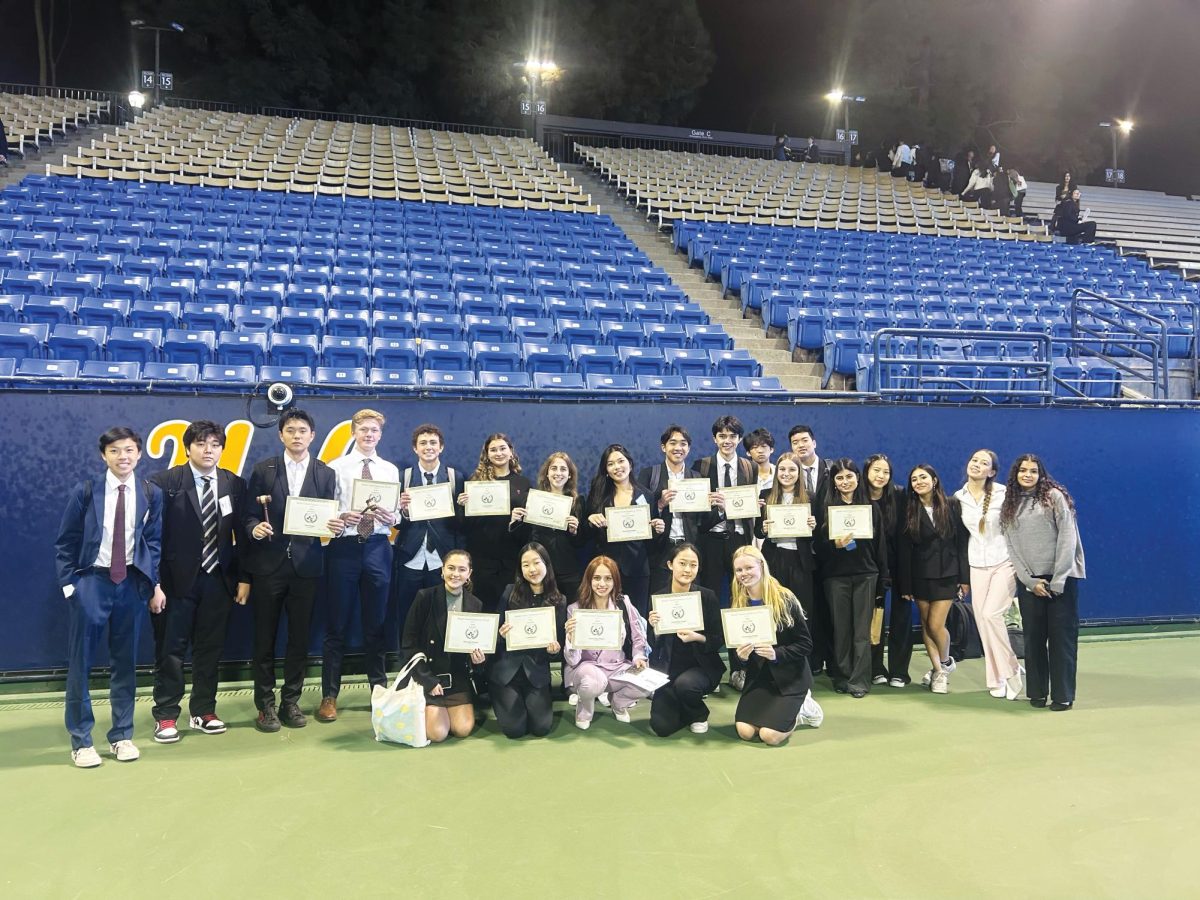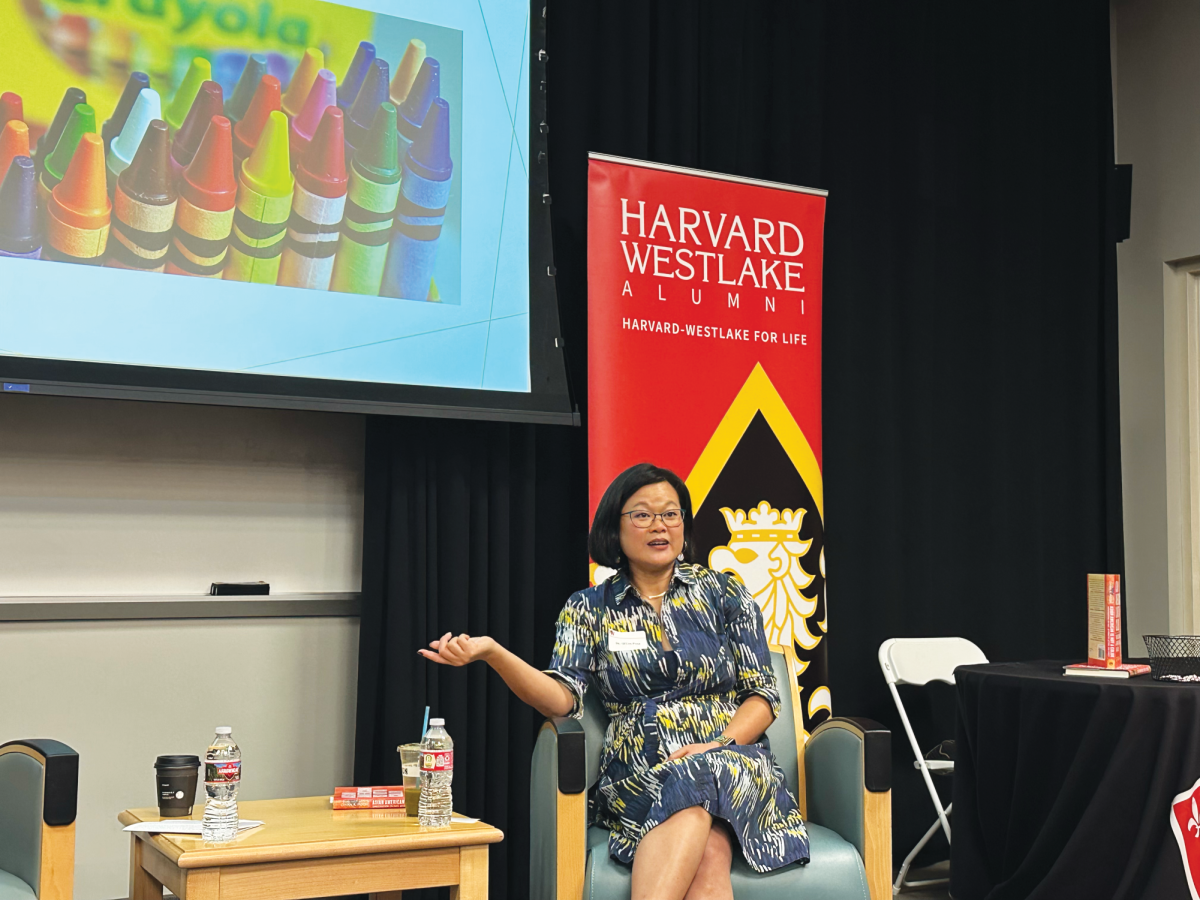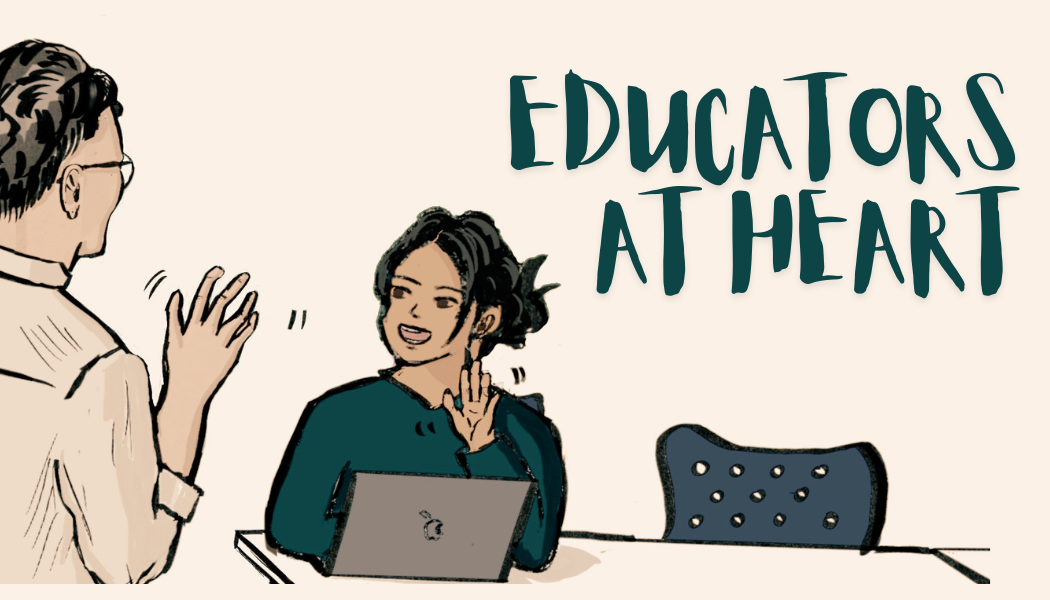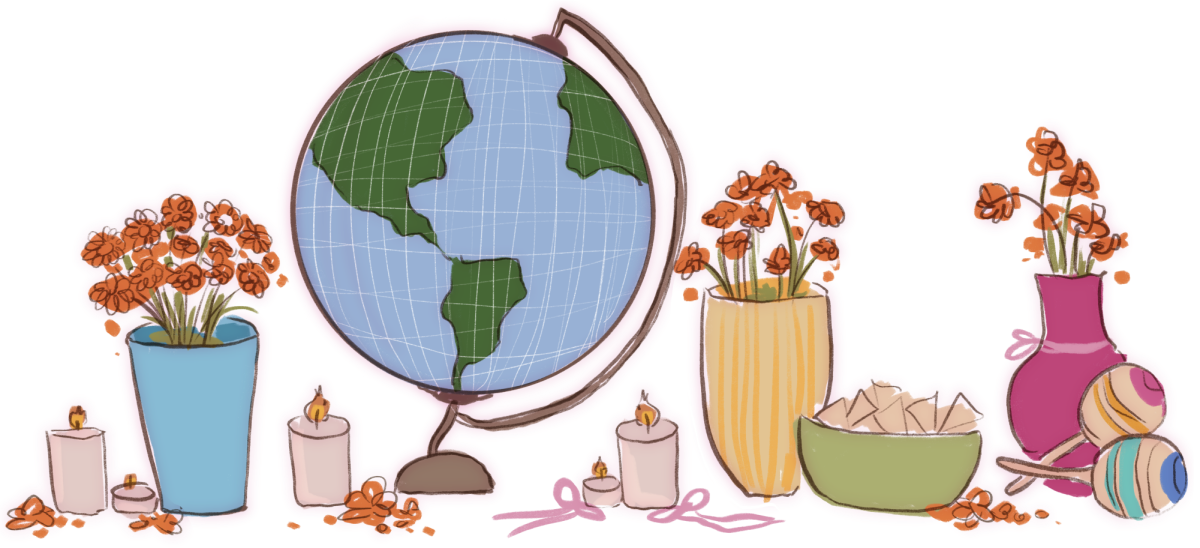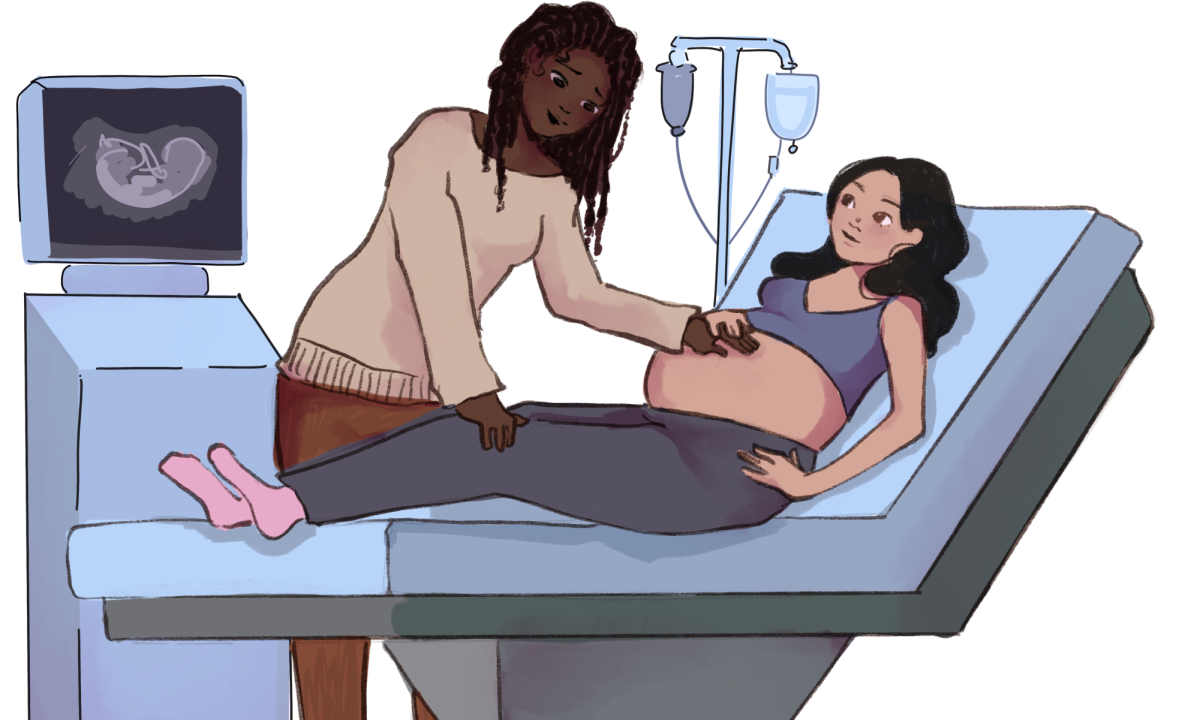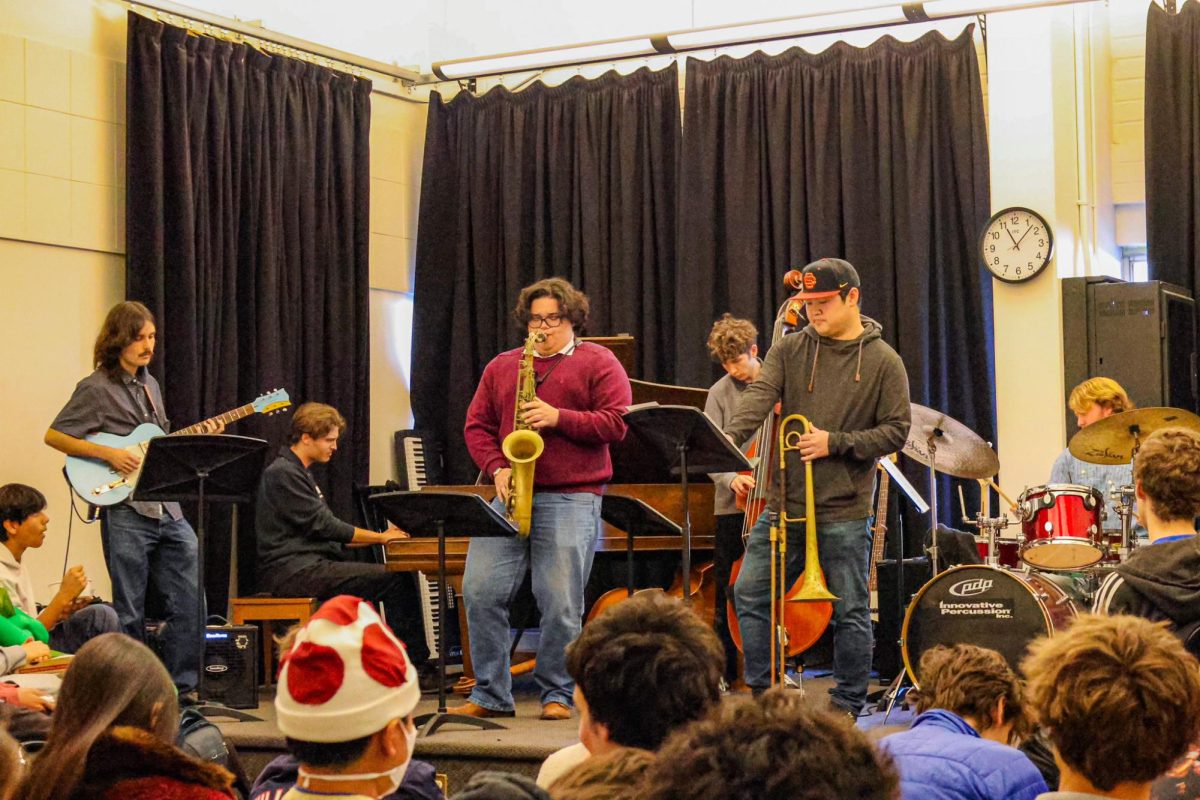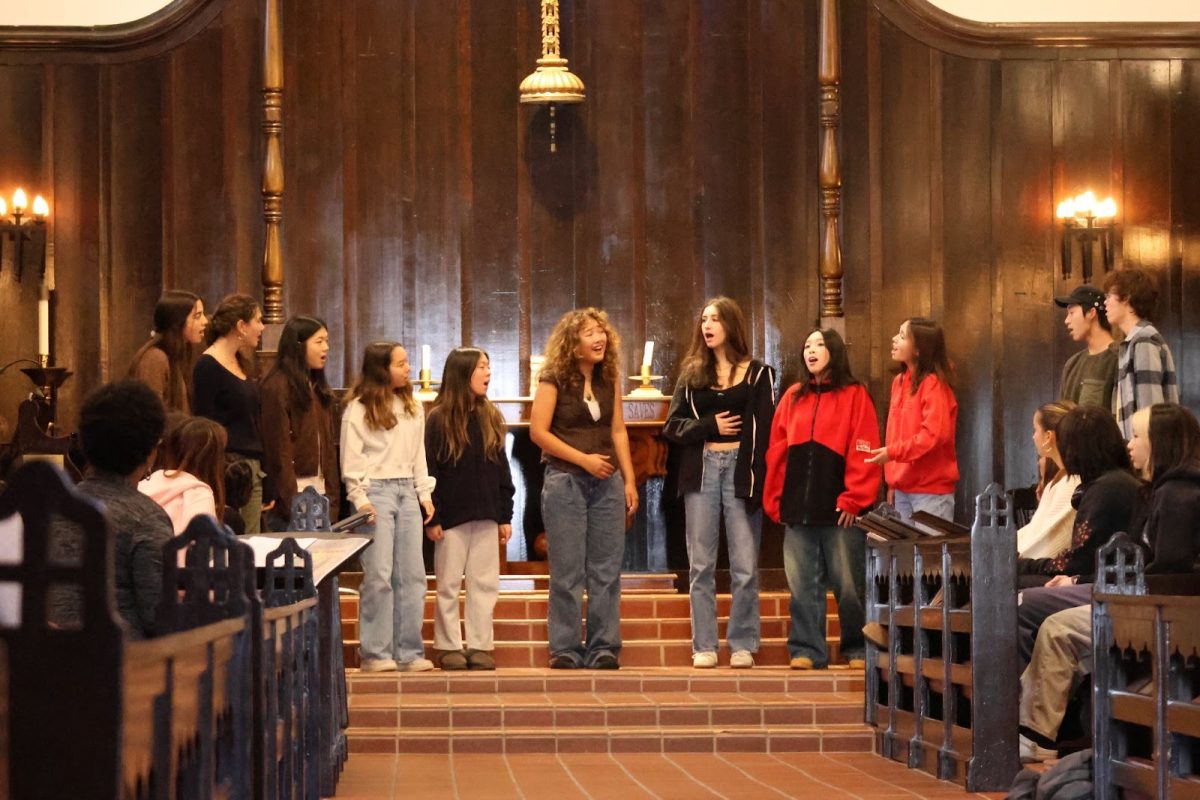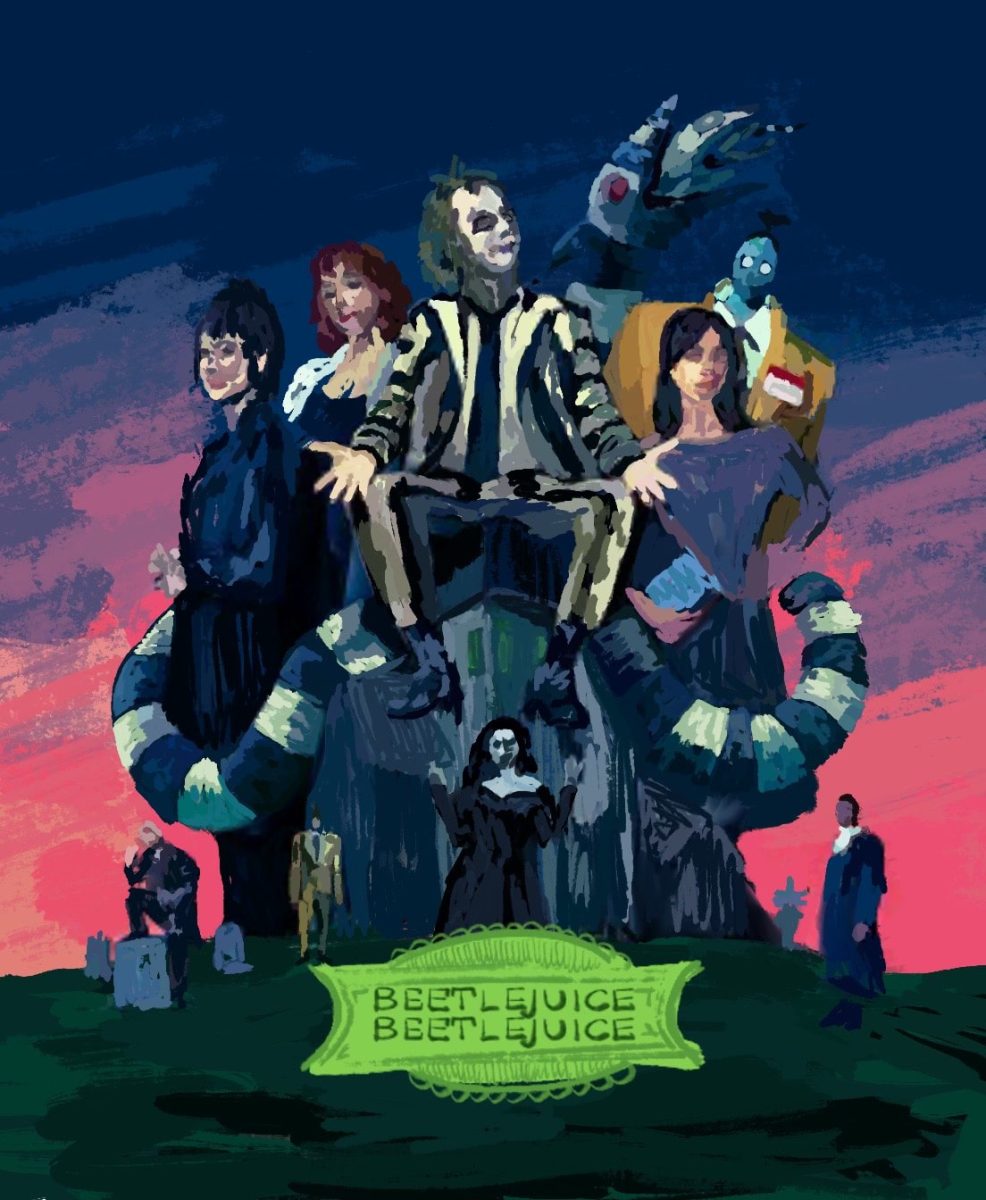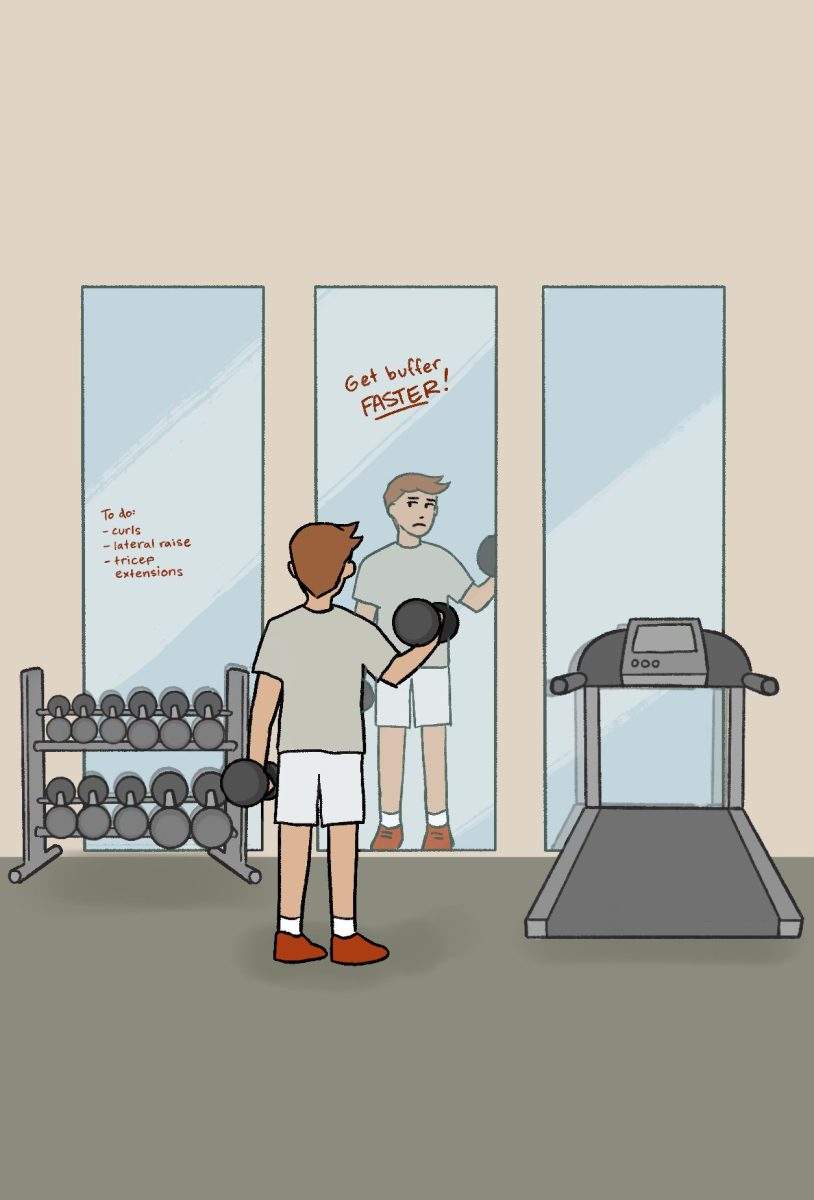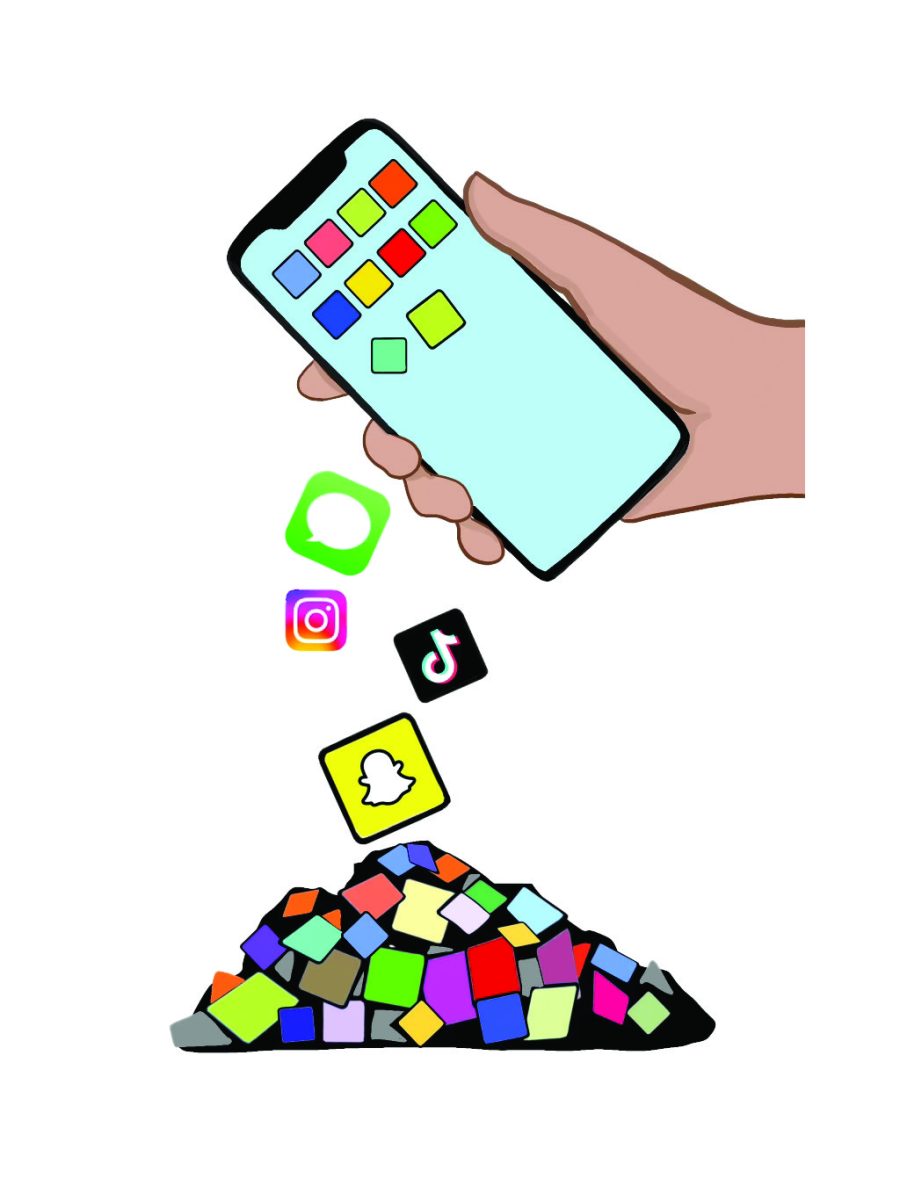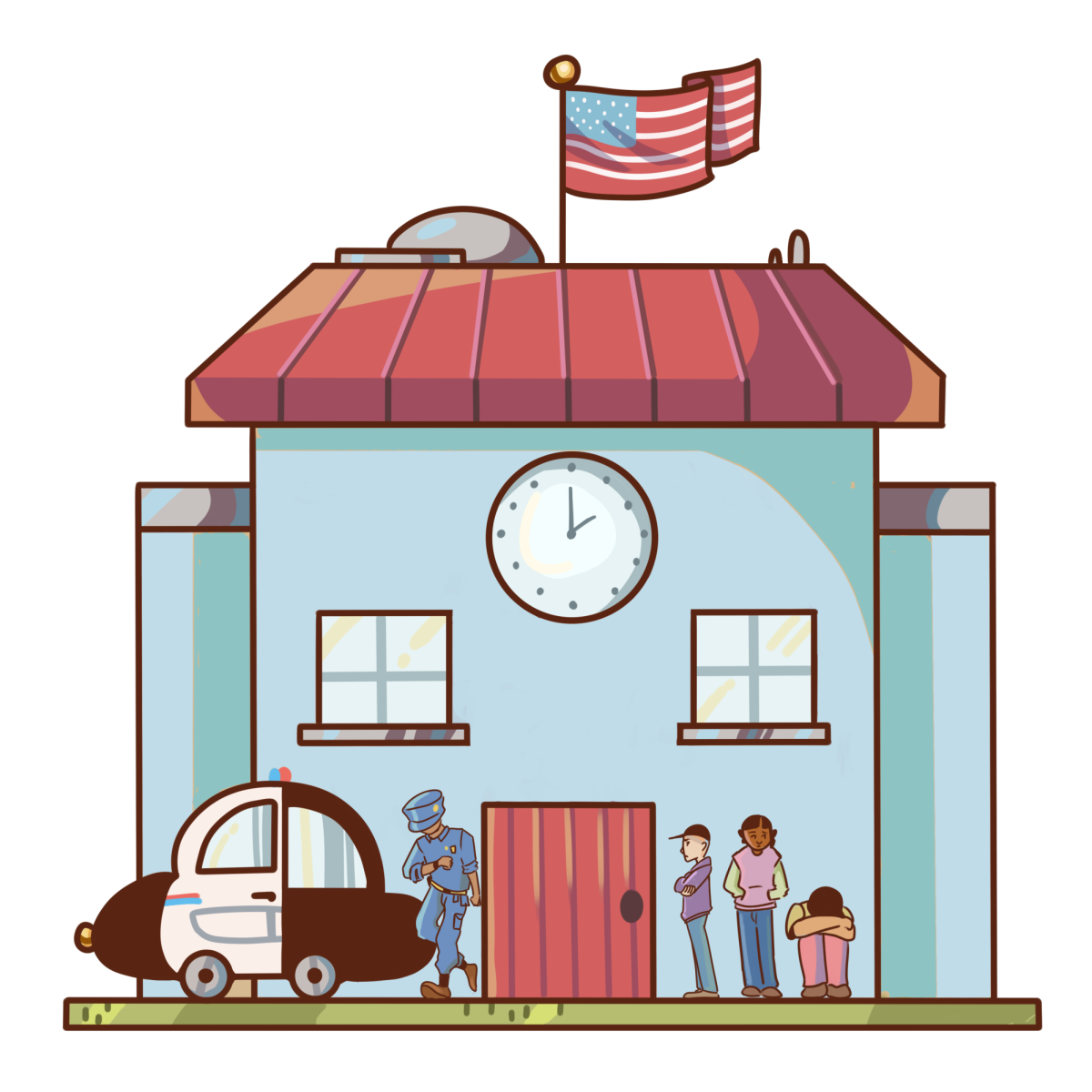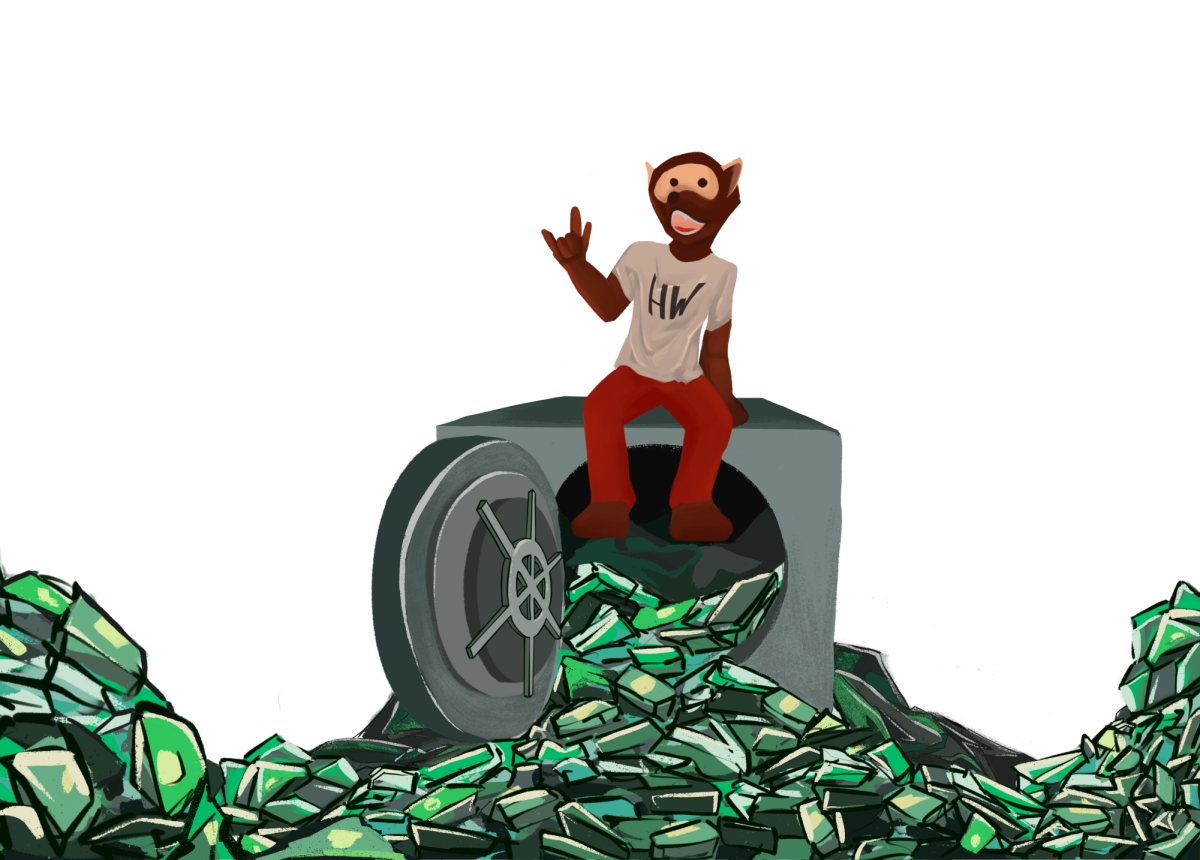For Shoshie Bernstein ’22, the reality that she was donor-conceived (DC) has been a known part of her identity for her entire life. Donor conception is the process by which intended parents may obtain the gametes necessary to produce a child. In Bernstein’s case, her two mothers used sperm from the same donor to have their three children.
“I don’t remember ever being told [that I was DC],” Bernstein said. “It’s something [my parents] raised me and all my siblings with. I remember being little and they’d say ‘Oh, you’re so musical. The donor is musical.’ And they’d casually bring it up in conversation.”
According to researchers Danielle Halliwell and Colleen Warner Colaner, a fundamental part of who we are as human beings is knowing where we come from.
“It’ll be cool to find out what our similarities are,” Bernstein said. “I’ll ask him about some of his interests and his outlook on life and see if it somehow corresponds to mine because I’m similar to my mom, but there’s a lot of ways we’re different too. I have a lot of questions about whether I get things from him.”
For DC people, that knowledge isn’t always available. Since the birth of the first In Vitro Fertilization (IVF) baby in 1978, the practice of creating embryos outside of the womb has expanded to include the genetics of people other than the intended parent or parents. As stated by reproductivefacts.org, beginning in the 1980s, embryos created by anonymous gamete donors and transferred via IVF have become commonplace, establishing a generation of DC people that includes Millenials and Gen Z. Some people in the DC population have begun to question their origins, rights and the long term impact of third party reproduction.
For Founder of We Are Donor Conceived (WADC) Erin Jackson, discovering that she was DC at 35 prompted her to establish a website where DC people can claim their unique creation stories, share their feelings and offer resources to those searching for their biological roots. For many in the DC population, publicly claiming their individual genetic identity is part of an effort to dismantle a culture of secrecy that too often accompanies donor conception. Jackson said the revelation that she was DC shocked her.
“It is a confusing struggle that I will probably deal with for the rest of my life,” Jackson said. “I think a lot of that is grieving the loss of [never] getting the opportunity to know my biological father because he never intended to be found or known by his offspring through sperm donation and not knowing how many siblings I have or where they are.”
While meeting her donor isn’t pressing for Bernstein, she said her older brother was far more eager.
“He was dying to meet the sperm donor,” Bernstein said. “Growing up, he was all like, ‘When can I meet the sperm donor? I want to meet him now,’ and it was a big, final moment when he got to meet him. I’m more relaxed. My mom says I ask fewer questions about the sperm donor.”
After learning the truth about her genetic identity, a DNA test revealed that Jackson has at least five half-siblings.
Jackson’s story isn’t unique. One narrative on the WADC site tells of how a man discovered he has at least 49 half-siblings. Another woman explained how being donor-conceived affects her romantic life. She said she is scared of the possibility of incest when dating.
Aside from the potential discovery of new siblings, many on the WADC community forum view the commercial aspects of third party reproduction as commodifying human beings.
“Donor conceived people are conceived on a transactional basis which immediately objectifies them,” wrote Anne Crossey in a personal story excerpt on the website. “Often, there is money involved.”
Jackson said many in the DC community question the accuracy of using the word “donor” to describe a biological parent, as those who provide sperm and eggs are typically paid. The question then becomes, “Would these ‘donors’ donate if there wasn’t a monetary gain?” In Beth Kowitt’s piece on Fortune.com, investment bank Piper Sandler estimates the U.S. fertility market will be valued at $15.4 billion by 2023, an increase of approximately $7 billion from 2017.
Jackson said she views third party reproduction from a bioethical perspective.
“If you can’t sell your organs for money, you shouldn’t be able to sell your eggs for money,” Jackson said. “It’s weird to me that you can’t sell an organ that could sustain a life, but you can sell biological material that creates a life.”
The cost of sperm and egg gametes vary depending on the desirability of their genetic traits. An egg from a donor with often-coveted traits such as an Ivy League degree, no known genetic flaws, blonde hair, blue eyes and physical stature can cost up to $250,000 in today’s market, according to cultural and medical anthropologist Diane Tober in Rewire.News.
“This is selective breeding to create humans of a particular appearance and genetic makeup; this is eugenics,” DC adult Zave Forms said in his personal post on the WADC website. “We talk about designer babies and cloning as if these mechanisms aren’t already happening.”
According to Bernstein, her parents chose the sperm donor based on his Jewish heritage. She said they were not seeking any particular physical attributes but noted the donor’s sense of humor in his answers.
While Bernstein has access to her biological father’s medical history, that is not the case for many DC people, as gamete donations are typically anonymous.
“As of now, fertility clinics must only retain donor medical histories for 10 years after the last disbursement, making it all but impossible for Donor Conceived adults searching for their medical histories,” DC rights advocate Nick Isel said on Venus Rising podcast. “What 9-year-olds do you know who can fill out a [Freedom of Information Act]?”
Isel said he discovered that he was DC at 15 and that his donor was from eugenicist Robert Graham’s Repository for Germinal Choice, also known as the “genius sperm bank.” Since then, he has been a vocal advocate for more regulation in the third party reproduction fertility business, which he refers to as “Big Fertility.” Isel petitioned the Food and Drug Administration (FDA) to force fertility establishments to hold records from donors long enough for DC people to procure their family history. The petition is currently pending review.
Isel said he views access to one’s family medical history as essential, and apparently so does the United States Surgeon General. In 2004, the Surgeon General designated Thanksgiving Day as National Family History Day to encourage families to discuss and document conditions and diseases that run in their bloodlines. DC people are often deprived of that access because of anonymous donations and a lack of mandated record keeping. For Isel, the FDA’s reluctance to safeguard DC records is a governmental double standard.
“For some people, this medical history is important,” Isel said. “But if you are donor-conceived, it matters more that you don’t hurt the feelings of your social parents. You shouldn’t be talking about this at all.”
In a 2019 survey done by the WADC of 312 DC people, 86% of respondents agreed that sperm banks and clinics “do not adequately understand or respect the emotional needs of [DC] people.”
“We are talking about the creation of human beings,” Jackson said. “We’re not products. There needs to be common-sense regulation. I’m talking about things like limiting the amount of offspring one donor can provide and ensuring that the donor offspring have updated, correct and complete medical information and [being] able to identify their biological parent like adopted kids. We’re not asking for special treatment. We’re just asking for equality.”

